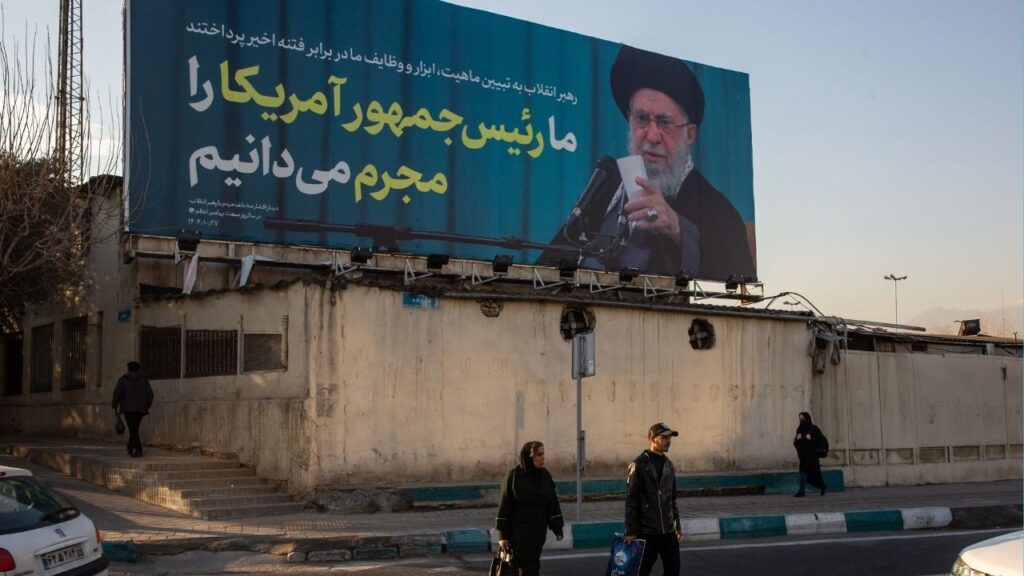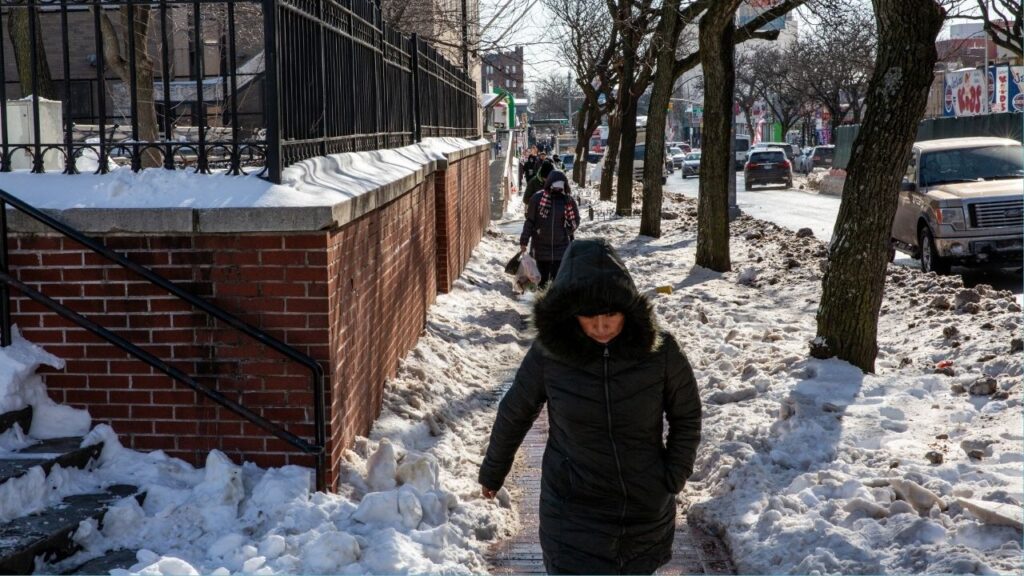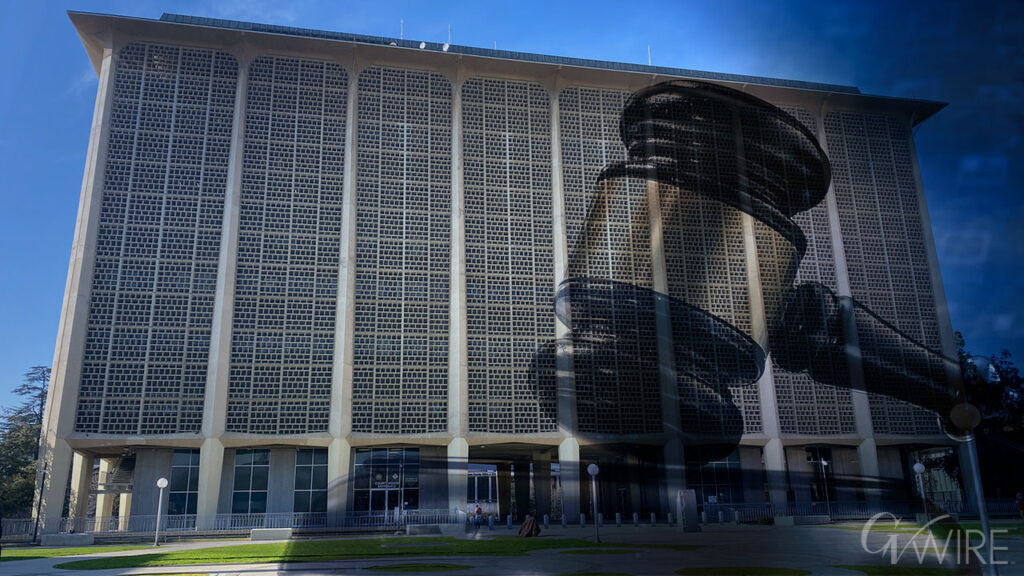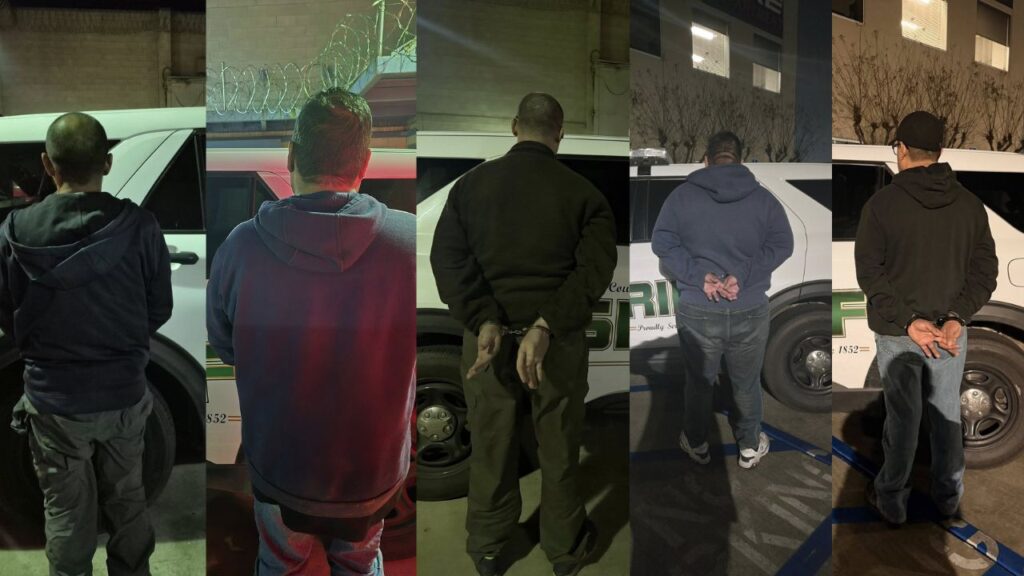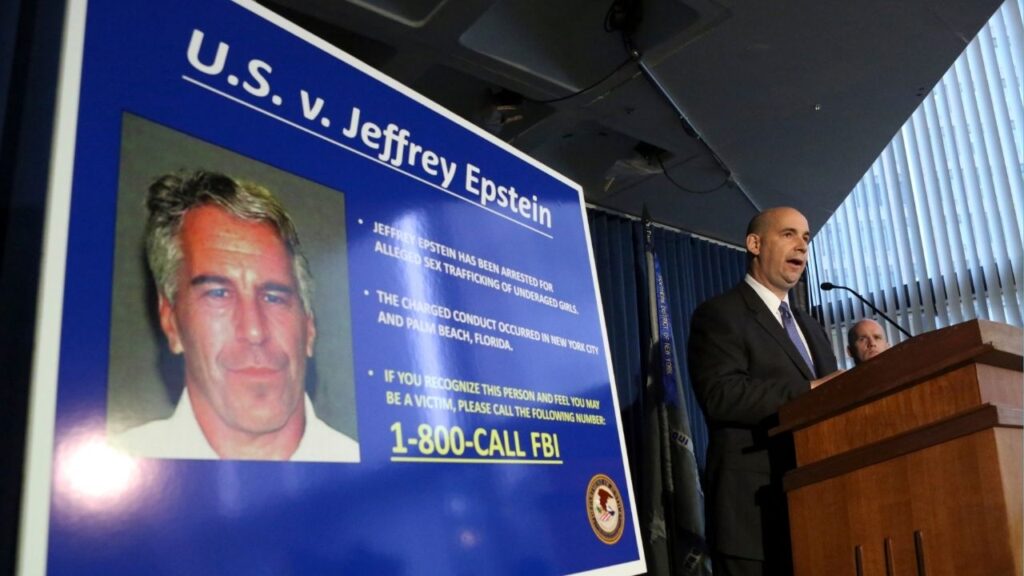Share
On Tuesday, San Francisco and five surrounding counties extended shelter-in-place orders until May 3 and added new restrictions.
They included closing playgrounds, dog parks, public picnic areas, golf courses, tennis and basketball courts, pools, and rock climbing walls.
The new order also prohibited most residential and commercial construction.
Some Bay Area Construction Is Allowed
According to the Associated General Contractors of California, the state’s largest construction trade association, here is what Bay Area counties are allowing to be built:
— Affordable housing that is or will be income-restricted, including multi-unit or mixed-use developments containing at least 10% income-restricted units
— Public works projects if specifically designated as an essential governmental function by the lead governmental agency
— Shelters and temporary housing with the exception of hotels and motels
—Projects immediately necessary to provide critical non-commercial services to individuals experiencing homelessness, elderly persons, persons who are economically disadvantaged, and persons with special needs
— Construction to ensure that existing sites that must be shut down are left in safe and secure.
— Construction or repairs to ensure that residences and buildings containing essential businesses are safe, sanitary, or habitable in the event that repairs cannot reasonably be delayed
[covid-19-tracker]
Governor Newsom Weighs in on California Construction
“California is not New York.” That was the response Governor Gavin Newsom gave when asked by a reporter about whether construction should continue in the State.
Robbie Hunter, the head of the Building and Construction Trades Council of California — with a membership of 460,000 workers and 60,000 apprentices — told POLITICO that industry leaders were alarmed when the Bay Area shutdown order went into place without any outreach to the construction industry. Hunter argued that their order ignored tough standards the union has instituted since the start of the Covid-19 outbreak to protect its workers — including taking temperatures at work sites, sterilizing tools and equipment, banning food trucks, implementing strict measures to discourage gatherings and mandating strict social distancing.
Hunter tweeted, “We’ve trained our people to work in the Borax mines, in tunnels underneath the Bay … and we build 80-story skyscrapers without losing a worker — or even a serious injury. We are used to serious training for different scenarios — and we have applied everything we’ve got on this.’’
— California Building Trades Council (@CA_Bldg_Trades) April 2, 2020
Updated Bay Area Stay at Home Orders
Health officers in seven Bay Area jurisdictions are extending a previous stay-at-home order through May 3, 2020, to preserve critical hospital capacity.
The health officers determined that more and stricter social distancing was needed to contain the spread, prevent deaths, and stop the healthcare system from being overwhelmed.
“Extending the stay-at-home order should reduce the number of sick patients seeking care at one time, giving us time to acquire more medical supplies for providers who will be providing care to people sick with COVID-19. The extension will allow doctors and nurses to better treat those who do get sick, and save countless lives,” said Dr. Chris Farnitano, health officer for Contra Costa County in a press release.
The release also expands the definition of essential businesses to include service providers that enable residential transactions (notaries, title companies, Realtors, etc.); funeral homes and cemeteries; moving companies, rental car companies, and rideshare services that specifically enable essential activities.
Other Parts of California
It’s difficult to say what the Bay Area order could mean for the rest of the state.
“It’s going to be a county by county dynamic,” said Peter Tateishi, CEO of the Associated General Contractors of California.
In compliance with the orders issued by the Bay Area counties, and additionally, the call for further compliance from Los Angeles County, the trade group drafted a Jobsite Protocol Template. This template includes expanded social distancing protocols, assessments, checklists, and a project response investigation policy that meets the requirements of the revised orders.
“I don’t think it would be fair to guess on what the future holds,” Tateishi said. “What we will continue to do is focus on the safety of the workers on our construction sites.”
Tateishi said the construction industry will play a big role in getting the economy back on good footing once the crisis abates.
“Our ability to have a resiliency through a crisis is contingent on construction being able to build up again for the health of our economy.”
RELATED TOPICS:
Categories
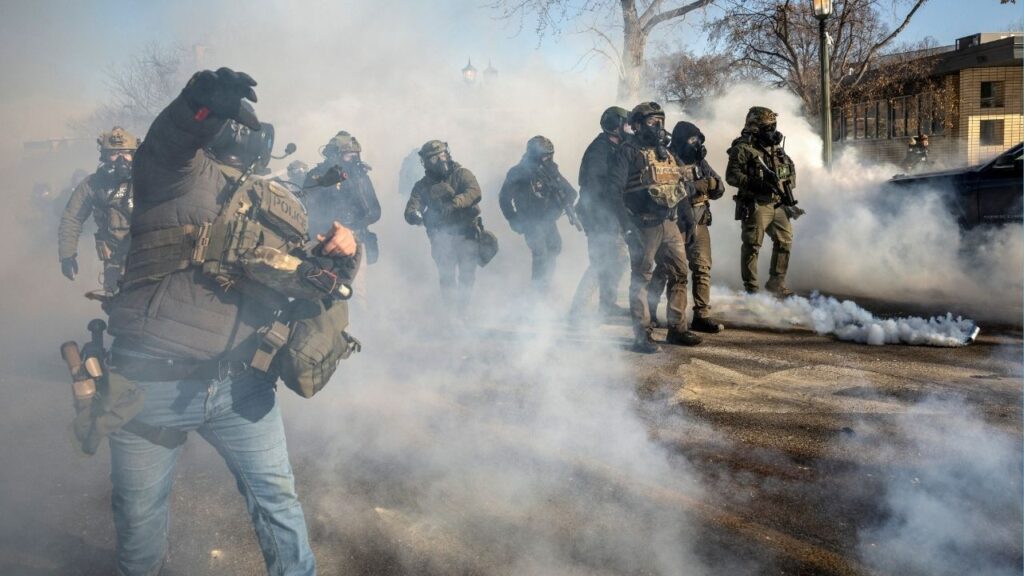
Here’s What to Know About the Partial Government Shutdown
